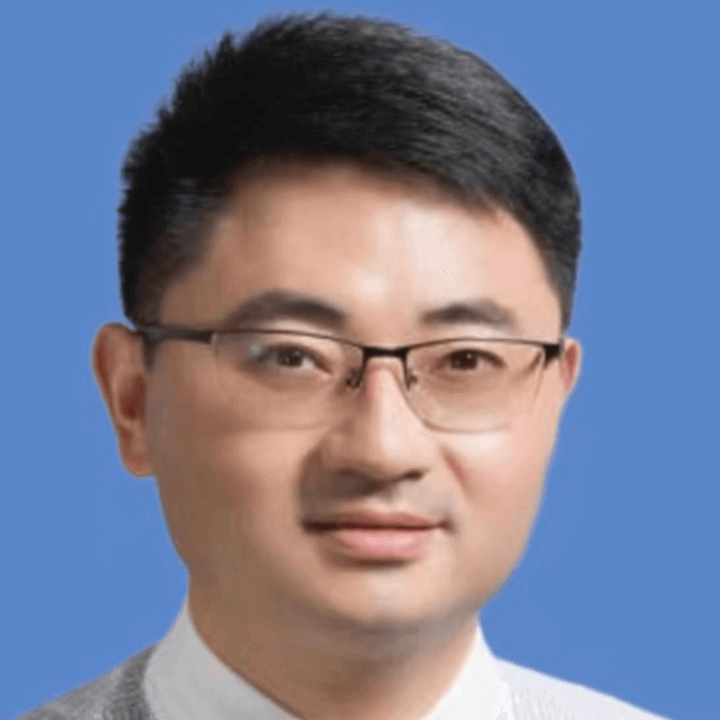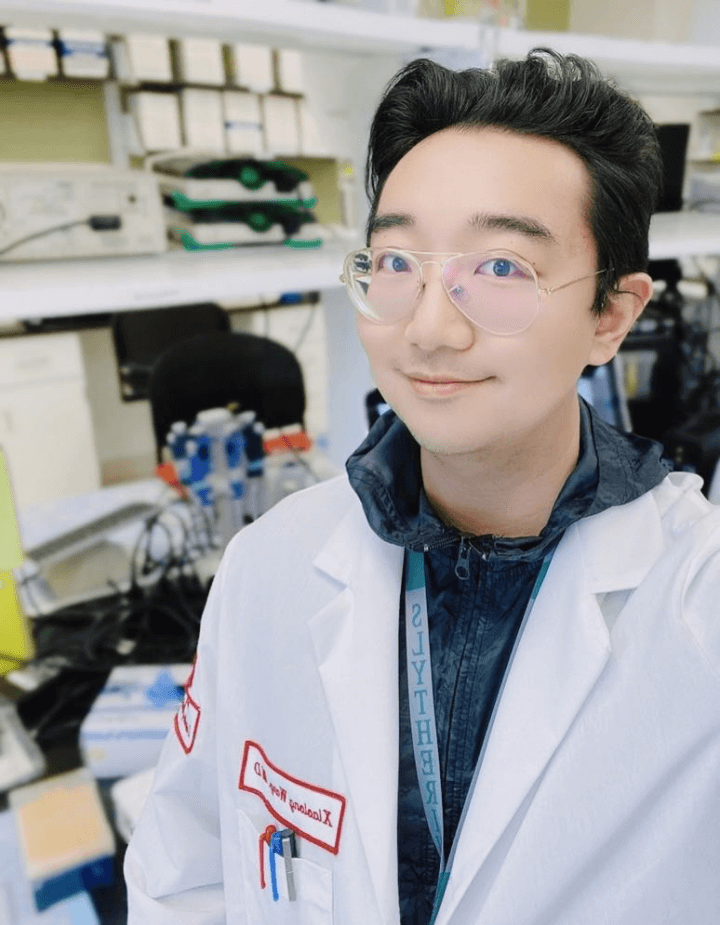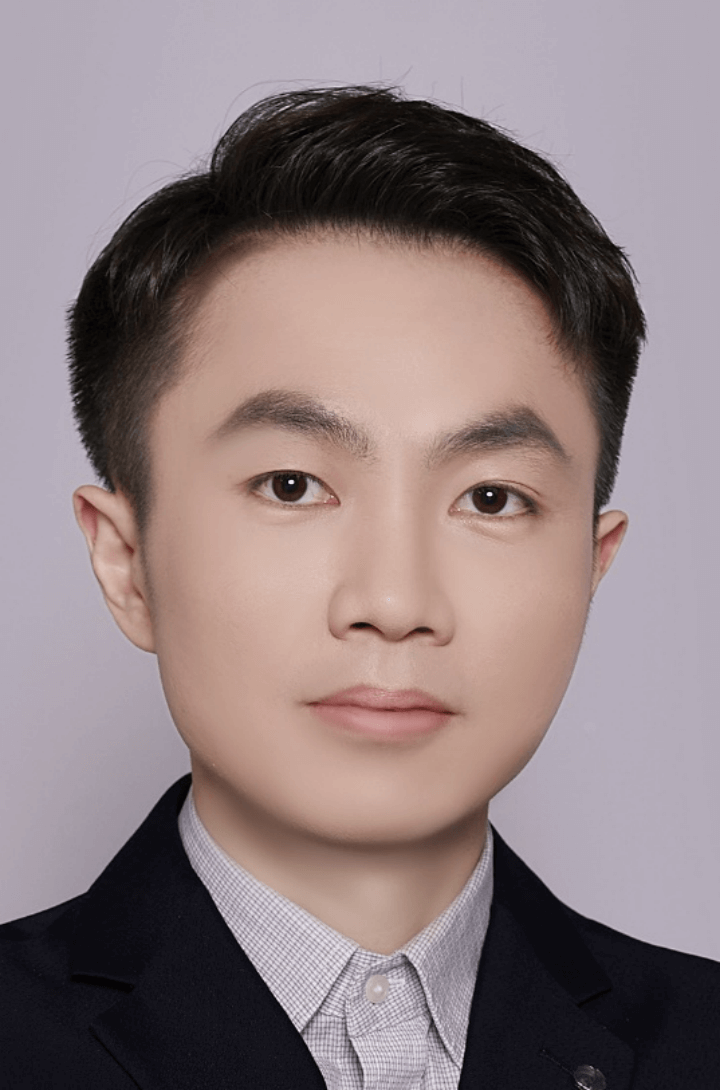About the team
Our editorial team comprises leading researchers and academics from China, the United States, and Hong Kong SAR who lend their expertise in a vast array of medical and scientific disciplines.
Hailing from prestigious institutions across the three regions, our editors leverage decades of combined experience publishing influential research and guiding the peer-review process. Their specialized knowledge spans from immunology and neuroscience to clinical medicine and public health.
Supported by academics at the forefront of their fields, we ensure rigorous vetting and expert evaluation of all submissions through a fair and constructive peer-review workflow. Our editors oversee this process closely, providing tailored feedback and advice to authors at every stage while upholding the highest ethical standards.
The diverse perspectives of our editorial team are critical to our mission of disseminating cutting-edge biomedical insights that advance clinical practice and improve patient outcomes worldwide. Together with authors and reviewers, they help make Smart Medicine Journal an authoritative voice and trusted platform for medical research internationally.
Editor-in-Chief Team:

Professor Junsong Zhou
Columbia University Irving Medical Center
Professor Junsong Zhou is an accomplished hematology researcher focused on thrombosis, hemostasis, and the bone marrow microenvironment. He currently serves as an Associate Research Scientist at Columbia University Irving Medical Center in the United States.
Professor Zhou has made significant contributions to understanding the molecular mechanisms regulating platelet function and coagulation. His research identifies new regulators and therapeutic targets for thrombotic disorders. As first/co-first author, he has published high-impact papers on protein disulfide isomerases in thrombosis in Cell Stem Cell, Blood, Journal of Clinical Investigation, and Journal of Thrombosis and Haemostasis.
Professor Zhou completed his PhD from Soochow University in China in 2015, focusing on blood cell research. He then conducted postdoctoral training at Temple University in the United States from 2016-2022, specializing in hemostasis and thrombosis. During this time, he discovered novel roles for enzymatic redox regulators in platelet biology and coagulation.
Professor Zhou has received continuous funding support from the National Natural Science Foundation of China, the National Clinical Research Center for Blood Diseases in China, and Columbia University. He has presented his research at international conferences like the American Society of Hematology's Annual Meeting. Currently, he serves as a peer reviewer for Frontiers in Immunology.
At Columbia University, Professor Zhou leads a new project on epigenetic mechanisms in bone marrow failure syndromes funded by the National Cancer Institute. Through his research, he aims to advance understanding of hematopoietic disorders and develop targeted treatment strategies.
With his expertise in hematology and record of high-impact discoveries, Professor Junsong Zhou brings valuable insights to the journal's scope. His focus on disease mechanisms and translational applications will help the journal publish influential research across hematology, hemostasis, and thrombosis.

Professor Xin Gao
King Abdullah University of Science and Technology
Professor Xin Gao is an accomplished researcher and educator in the fields of bioinformatics, computational biology, and artificial intelligence. He currently serves as a Professor of Computer Science at King Abdullah University of Science and Technology (KAUST) in Saudi Arabia, where he also directs the Computational Bioscience Research Center.
Professor Gao has made significant contributions to developing novel computational methods for analyzing complex biomolecular data. His groundbreaking work on machine learning algorithms for modeling protein structures, gene regulation, and biomolecular interactions has advanced these research areas and enabled new biological insights. As an inventor, he has over 80 granted patents and patent applications.
In his prolific research career, Professor Gao has published over 260 peer-reviewed articles in top venues including Nature Genetics, Nature Communications, PNAS, Nucleic Acids Research, and Bioinformatics. He is an Associate Editor for several prestigious journals such as Bioinformatics, BMC Bioinformatics, and Quantitative Biology.
Professor Gao has supervised numerous graduate students and postdoctoral fellows. Through his mentorship, many young scientists have become rising stars in the bioinformatics community. He has served on the program committees of top conferences including RECOMB, ISMB, IJCAI, and NeurIPS, contributing his expertise in computational biology.
At KAUST, Professor Gao has taken on leadership roles to advance interdisciplinary research and education. As Director of the Computational Bioscience Research Center, he oversees research projects spanning computer science, biology, and medicine. His teaching in the Computer Science program covers specialized topics like probabilistic graphical models, data analytics, and AI applications in bioinformatics.
With his strong track record in research, inventiveness, and student mentorship, Professor Xin Gao brings valuable expertise and experience to the editorial board. His interdisciplinary knowledge and global vision will help the journal continue publishing high-impact computational biology research.

Dr. Xiaolong Wang
Temple University
Dr. Xiaolong Wang is an accomplished researcher and physician focused on urology and urinary disorders. He currently serves as a Research Associate at Temple University. Dr. Wang completed his MD at the University of Munich in Germany, where his doctoral research centered on animal models and mechanisms of lower urinary tract symptoms. During his postdoctoral fellowship at Temple University in the United States, Dr. Wang studied innate immunity and HIV neuropathogenesis.
Throughout his training and career, Dr. Wang has maintained a strong dedication to translational research that bridges clinic and lab. His past projects have provided insights into benign prostatic hyperplasia, overactive bladder, ketamine cystitis, and seminal vesiculitis using tissue samples, animal models, and molecular techniques. Currently, his research applies nanotechnology and smooth muscle organoids to address problems in urinary dysfunction.
Dr. Wang has received continuous grant support from major funding organizations in China, including the National Natural Science Foundation. He has contributed to influential publications in European Journal of Pharmacology, Acta Pharmaceutica Sinica B, and other peer-reviewed journals. Recently, his abstracts were accepted to high-profile conferences like Experimental Biology and the American Chemical Society National Meeting.
With his expertise across urology, pharmacology, immunology, and nanomedicine, Dr. Xiaolong Wang offers diverse insights into urinary disorders. His focus on elucidating disease mechanisms through multidisciplinary approaches will help the journal continue publishing impactful translational research.

Dr. Chao Zhang
Taihe Hospital, Hubei University of Medicine
At present, Mr. Zhang Chao works in the Center of Evidence-Based Medicine of Taihe Hospital, Hubei University of Medicine, and serves as an associate researcher. His research interests include epidemiology, evidence-based medicine, and clinical research, with his main research interests in clinical medicine, rehabilitation medicine and mental health. In addition, he paid attention to the construction methodology of network meta-analysis.
In the past ten years, he mainly provided a large number of evidence-based medical evidence for clinical practice from the aspects of internal medicine, enhanced recovery after surgery, and post-traumatic stress disorder, and he published more than 100 relevant academic researches. He has contributed to influential publications in EClinicalMedicine, BMC Public Health, Progress in Neuro-Psychopharmacology & Biological Psychiatry, Clinical Epidemiology, Journal of affective disorders. In addition, he has also served as the reviewer of internationally renowned journals, including The BMJ, Alimentary Pharmacology & Therapeutics, Journal of Viral Hepatitis, Journal of Diabetes Research, Journal of Urology and American Journal of Medical Genetics Part B: Neuropsychiatric Genetics.
With his expertise across clinical medicine, rehabilitation medicine and mental health, Dr. Zhang Chao will be able to sensitively understand the major key issues in clinical research, select high-quality clinical evidence for journals, and serve for clinical decision-making.
